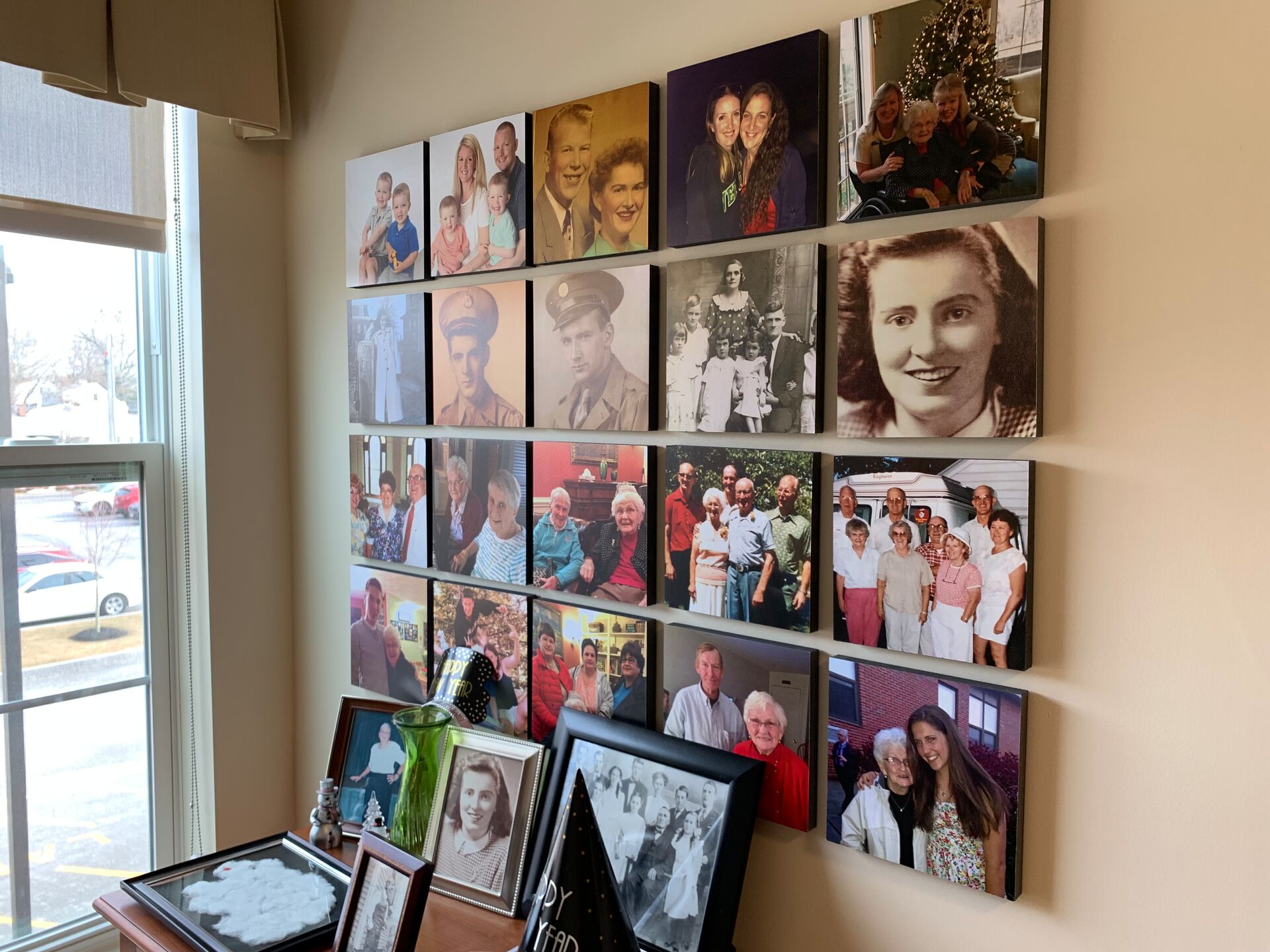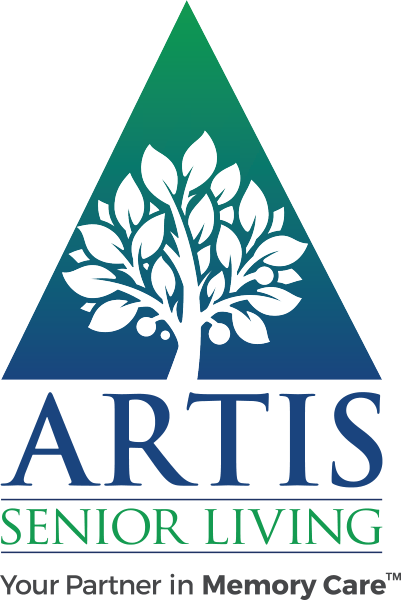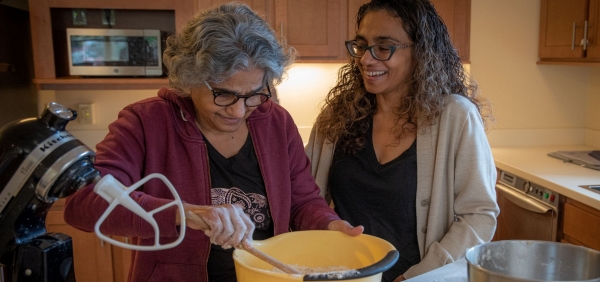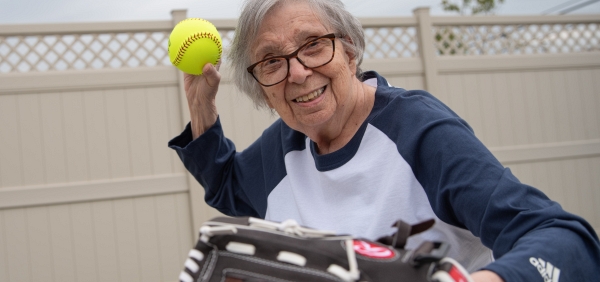What Are The Early Signs of Dementia?

It’s not uncommon to experience age-related memory issues. Forgetting where you put your keys or momentarily forgetting someone’s name shouldn’t cause significant concern. But, how do you know when memory problems are beyond typical aging and, instead, early signs of dementia?
When memory loss disrupts any part of daily life, it’s not a typical part of aging. Experts recommend that people with one or more of the 10 warning signs of dementia should meet with a doctor. Early diagnosis is key for effective treatment and better quality of life.
Here are early signs to be aware of:
- Memory loss that disrupts daily life – As one of the most common symptoms of dementia, memory loss that impacts your daily routine is cause for concern. If you or a loved one is forgetting things recently learned, forgetting important dates, or asking the same questions repeatedly, it’s time to make an appointment to talk to a physician.
- Problem-solving complications – Having challenges paying bills or reading recipes used for years are early signs that should be discussed with a doctor.
- Struggling with common tasks – People living with Alzheimer’s disease and other forms of dementia often find it challenging to complete tasks associated with daily living. If you or a loved one is getting confused when driving to the grocery store, playing favorite games, or using a cell phone, these could be warning signs.
- Confusion with time and place – Losing track of dates, forgetting important events, or getting confused about the seasons are all signs that something isn’t right with your memory.
- Vision problems – Someone whose balance is off, or is struggling with judging distance and determining color or contrast, could be experiencing early signs of dementia. Vision problems can sometimes be related to other age-related issues, so it’s essential to meet with a doctor to discuss specific symptoms.
- Problems with speaking or writing – If you or a loved one struggles to keep up with conversations or find your voice when speaking with someone, you might be experiencing a symptom of dementia. Finding the right words can sometimes be hard for everyone, but when it goes beyond typical age-related memory issues, it’s time to call a doctor.
- Misplacing things – Losing your keys after carrying in a load of groceries is common, but when you start to put things in unusual places or struggle to retrace your steps, it could be a warning sign of dementia. As the condition progresses, it could even lead to stealing things without understanding why.
- Practicing poor judgment – Frequently making bad decisions or using poor judgment when it comes to money or personal grooming are signs something is off. Talk to a doctor to find out if you or a loved one is experiencing early signs of dementia.
- Social isolation – A person struggling with the symptoms of the condition may notice they’re pulling back from things and people they used to enjoy. If you find yourself losing interest in your favorite hobbies, you may need to seek care from a physician.
- Changes in mood and personality – Alzheimer’s disease and other forms of dementia can impact a person’s ability to use proper judgment. If you or your loved one feels depressed, confused, anxious,or angry, these could be signs it’s time to meet with a doctor.
Early Detection and Dementia Care Matters
It’s easy to ignore the signs and chalk it up to typical age-related issues. But if you or a loved one is experiencing any of the ten dementia symptoms listed above, it’s important to get checked out by a trusted physician. Having one or more of these symptoms could impact your ability to live your life in a productive and meaningful way. Speaking with a doctor about dementia care can help you manage your symptoms and find treatment options that work best for you.
Memory Care at Artis Senior Living
At Artis, we respect your interests and inspirations. Here you have the freedom to choose how to spend each day, while we provide you the assurance that you’re protected and safe. That’s The Artis Way. Our communities use intentional design to address wayfinding challenges, independence and safety for our residents.
Contact us today to learn more about our unique approach to Memory Care.
For more information about our communities and memory care, find a location near you.



